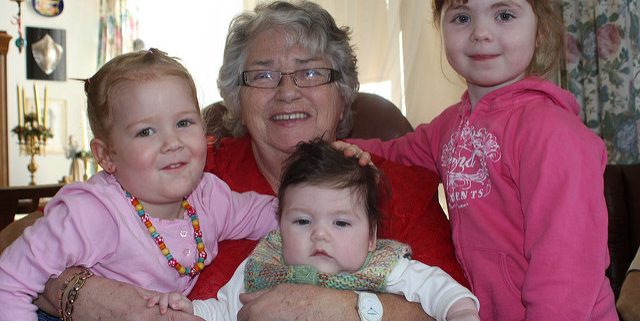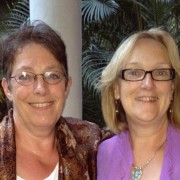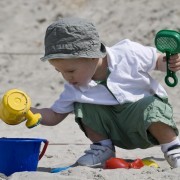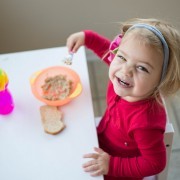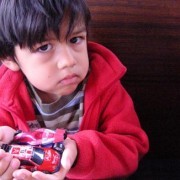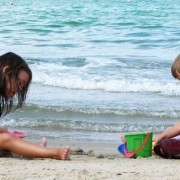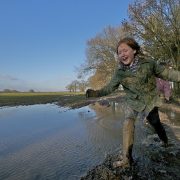Being a P.A.R.E.N.T.
Over 40 years the small European country of Denmark has consistently ranked as the having the world’s most happy people. Numerous studies have been done to ascertain why this is the case. Many believe it stems from their rich childhood, where children are valued, where they are ‘allowed’ to be children and ‘just play’, and where formal schooling doesn’t start till around age 7 years.
The Danes also have ‘hygge’. Hygge is a Danish word which can’t readily be translated in to English as there is no counterpart. The best explanation is around the cosy, warm and friendly feeling of their homes – they are very welcoming and you feel relaxed there. Hygge extends to how you treat others too – that you are welcoming to them.
I’ve been reading a book which I think many parents would enjoy, about how the Danes rear their children. It’s called : “The Danish Way of Parenting” by Jessica Alexander and Iben Sandahl.
They use the word ‘parent’ as an acronym for what is need in raising children.
Play
Authenticity
Reframing
Empathy
No Ultimatums
Togetherness and Hygge
A little explanation…
Play – often today we pass ‘play’ on to others eg dance teachers or music teachers, but children really need time to free play, with whatever is around – sticks and leaves outside, shells and sand from the beach or papers and glue from the craft box. They need to be allowed to explore, to make decisions, to experience ‘success’ in their play, as well as ‘failure’ – when something doesn’t work out. They don’t need to be given more and more ‘things’ to fill their lives. Scaling back with buying more toys, will over time, lead to more creative, exploratory play.
Authenticity – how often do you tell not to do something eg yell, and yet you do it yourself? Do you tell the children you’ll be with them to read a story soon, but take 1/2hr to get to it. We need to be honest with our children and to be good models. There’s not much point teaching children to be nice and get along with others when you come home from work and complain about how difficult your colleagues are.
Reframing – this is such an important life skill. Reframing means re–focusing your attention. For example. Many people grumble when it is raining, yet a farmer will be glad his crops are being watered. Teach your child to focus not on the negative, but to look for a positive in a situation – ie to make it as good as it can be. When it is raining, you might instead notice that it’s happening while you are at work, or that it’s now and not when you are on holidays next week. When the child’s tower falls over, help them acknowledge that it is frustrating and then focus on: ’what do you think you could do to not make it fall over again?’
Empathy – is about teaching children firstly how to recognize their own feelings and then those of others. Empathy is about understanding others’ emotions, and to respond accordingly. For children to learn empathy, they need to be listened to, by the parents ie actively listening, and that parents also reflect the emotions which their child expresses; ‘I can see you are sad about this…’ When we model good listening skills and good understanding of emotions, we are teaching our children to do the same.
No Ultimatums – This is about not threatening your children (‘if you do that one more time I’ll throw the toy in the bin’) The word ‘discipline’ means to teach, and this is especially true in behavioral aspects – we need to teach our children how to behave through good modelling and by promptly responding, as opposed to reacting, when they behave poorly. We also need to remember that we are the ones wearing the Parental Crown, which I mentioned in last weeks’ article.
Togetherness and Hygge – Parents are the most important teachers and role models for their children. Children need lots of positive interaction with you to benefit from your wisdom. Spend time together playing outside, walking, collecting sticks, singing, cooking a meal, lying on the grass watching the clouds, watch movie together – all these strengthen your relationship and closeness – and that’s part of ‘hygge’!
And all this works for Grandparents too!
Have a GREAT parenting week!
